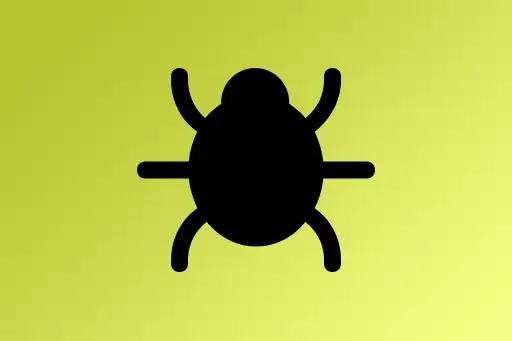Programming Paradigms
Imperative vs Declarative vs Functional
What are Programming Paradigms?
A programming paradigm is a style or way of programming. It defines how we structure and organize code to solve problems. The three major paradigms we'll explore are:
- Imperative Programming
- Declarative Programming
- Functional Programming
Imperative Programming
Imperative programming focuses on how to achieve a result. You write step-by-step instructions that change the program’s state.
Example: Sum of first 5 numbers
total = 0
for i from 1 to 5:
total = total + i
print total15
This approach tells the computer exactly what to do — initialize a variable, iterate, and update it. This is explicit and state-based.
Question:
Why is it called “imperative”?
Because you give commands (like in imperative sentences in grammar), instructing the computer step-by-step.
Declarative Programming
Declarative programming focuses on what you want, not how to do it. You describe the result and let the system figure out how to compute it.
Example: Sum of first 5 numbers
sum = sumOfNumbers(1 to 5)
print sum15
This hides the control flow (looping, iteration), and focuses only on the end result. You declare your intention.
Question:
What are the benefits of declarative programming?
It leads to cleaner, more readable code and abstracts low-level implementation details.
Functional Programming
Functional programming is a subset of declarative programming that focuses on pure functions and avoiding shared state. It uses concepts like mapping, filtering, and reducing collections of data.
Example: Sum of first 5 numbers using reduce
numbers = [1, 2, 3, 4, 5]
sum = reduce(numbers, (acc, curr) => acc + curr)
print sum15
Here, reduce is a higher-order function. No variables are modified. Everything is based on pure transformations.
Question:
What makes a function “pure”?
A function is pure if:
- It gives the same output for the same input
- It does not change any external state or variable
Paradigm Comparison Table
| Paradigm | Focus | State Mutation | Control Flow |
|---|---|---|---|
| Imperative | How to do it | Yes | Explicit (loops, steps) |
| Declarative | What to do | Hidden or minimal | Implicit |
| Functional | What to do using functions | No (stateless) | Abstracted via recursion or higher-order functions |
Summary
- Imperative: You control every step.
- Declarative: You describe the desired result.
- Functional: You use pure functions and avoid mutable state.
Quick Quiz
Which paradigm would be best for processing a list of items without modifying global variables?
Answer: Functional programming.
Which paradigm gives you the most control over how the task is performed?
Answer: Imperative programming.













Comments
Loading comments...